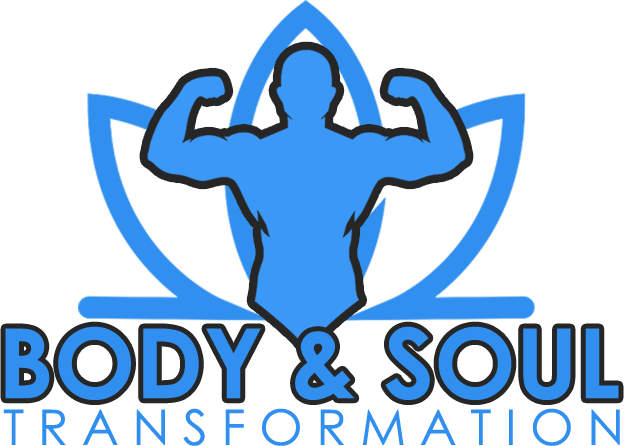Why you need supplements
Most likely, you lead an active lifestyle, monitor your diet, but you want to make your routine aimed at promoting health and self-improvement even more effective.
By exercising regularly, you expose your body to loads that have both positive and partly negative effects. In the sense that you actively lose microelements (when sweating during training), exercise the load on the joints, muscles and nervous system. This leads to the conclusion that it is necessary to take care not only of the loads that are useful for the body, but also of its recovery and supply with all the necessary vitamins and trace elements.
In this article, we will look at what basic supplements should be included in your diet for men to cover all the needs of the body. We also note that the needs of the male body differ from the needs of the female body due to physical, biological and physiological differences, so we emphasize that we are talking about supplements for men.
It is important to remember that supplements should be used in addition to a balanced, healthy diet that consists of whole, natural foods. They should not be taken as a substitute for healthy food or as a medicine to make up for deficiencies in the diet.
Effects of supplements
The positive effects of all the supplements listed below are confirmed by most studies. The main effects that all supplements have, are helping to gain and maintain muscle mass, maintain mental health, naturally produce testosterone, and much more.
The supplements listed below are relatively safe for regular use and do not require too much planning when they are included in an existing regimen.
Basic supplements necessary for a man
1. Proteins
We are talking about protein powders, and as a rule about the most affordable and common – whey isolate.
Useful properties of protein powder:
-
- The presence of essential amino acids.
One of the main benefits of including protein powder in your diet is that most of them contain essential amino acids. This is a key point in daily muscle building and recovery, as well as after heavy workouts. Some protein products do not contain all the amino acids, so taking supplements is a reliable way to provide yourself with enough of them.Most often, a protein supplement is consumed after a workout, as the body is more susceptible to using protein for protein synthesis. Protein synthesis is the process of using protein to repair muscle, and this is where the idea of the “anabolic window” comes from. Although the specified “window” is much longer than previously thought (from 30 minutes to 6 hours or more).
- The presence of essential amino acids.
2. Creatine
Creatine is an organic compound that occurs in vertebrates and plays a role in the recycling of adenosine triphosphate (ATP), which is involved in energy metabolism in muscle and brain cells.
Useful properties of creatine:
-
- Increased aerobic capacity.
In a 2003 study published in the International Journal of Sports Nutrition and Exercise Metabolism, the authors suggested that creatine helped improve the performance of elite rowers during endurance training. - Promotes improved muscle strength and recovery.
Studies show that creatine contributes to the production and maintenance of energy by effectively utilizing and maximizing the phosphocreatine energy system in skeletal muscles. Thus, if the energy systems are brought to the maximum, then there is a higher probability of increasing productivity. - Improving cognitive function.
In addition to improving physical fitness, creatine also has a positive effect on cognitive function. A study published in 2018 in the journal Experimental Gerontology found that creatine has a positive effect on memory and thinking in healthy young adults.
- Increased aerobic capacity.
3. Magnesium
In fact, magnesium is important for energy production, nervous system regulation, gene maintenance, protein formation, and the list goes on and on.
Useful properties of magnesium:
-
- Improves mood and brain function
Magnesium plays an important role in the healthy daily functioning of the brain and the formation of a good mood. - May help lower blood pressure.
Studies have shown that magnesium helps improve blood circulation and may contribute to a small but consistent positive effect on lowering blood pressure.
- Improves mood and brain function

